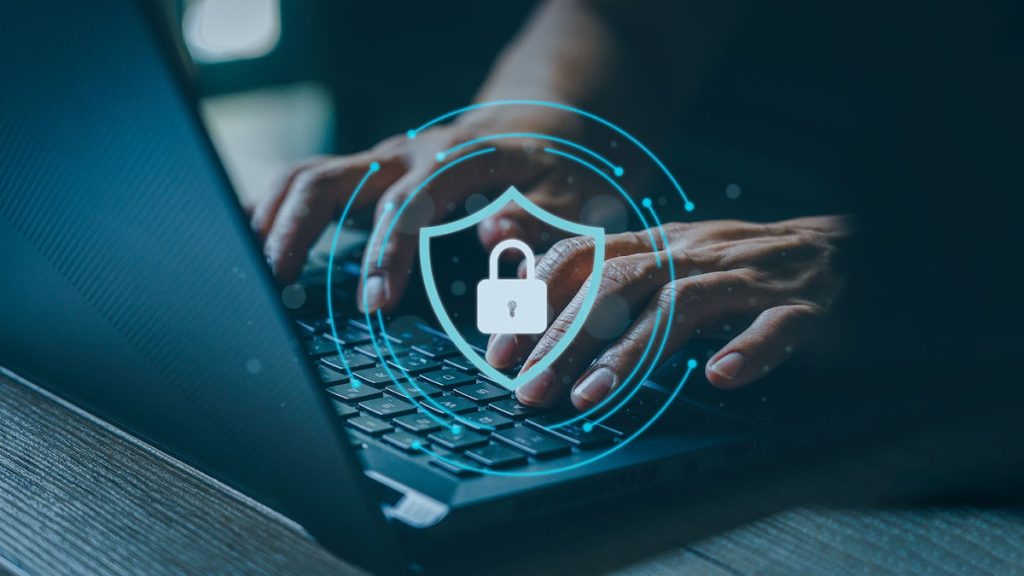Your tablet is an indispensable device in daily life. It provides comfort, entertainment and access to a wealth of information. But this convenience may make you forget how important it is to protect your data and privacy. In what ways do you ensure this?
Manage your cookies and browsing history
Cookies are small text files that websites store on your tablet to remember your preferences and personalize your browsing experience. Although cookies can be useful, they are also used to track your online activities. Would you rather not? Delete cookies and browsing history regularly via your browser settings. You can also consider using your browser's private mode, which does not store browsing history or cookies.
Be selective about app permissions
When you install a new app, it will often ask you to access various features and data on your tablet, such as your location, contacts, or camera. Be selective and careful in granting these permissions. Ask yourself whether the application really needs access to the required information to function properly. If an app requires unnecessary access to data on your tablet, consider finding alternative or restricted permissions in your tablet's settings.
Be careful with public Wi-Fi networks
Public Wi-Fi networks in cafes, airports, and other crowded places are convenient, but they also pose a security risk. Hackers can use these networks to intercept your data or spread malware. Avoid accessing sensitive information, such as banking information, while using public Wi-Fi. If you must connect, use a VPN (virtual private network) to encrypt your data and protect your online activities. You can also use a SIM card to access mobile data everywhere, provided you have one The tablet allows this.
Powered by
Back up your data regularly
Performing regular backups is essential to protect your data from loss due to theft, damage, or technical issues. Use your tablet's built-in backup features or reliable cloud storage service to automatically make copies of photos, documents, and other important files. This way you can easily recover your data if something goes wrong with your tablet.
Purchase additional storage space
Check different microSD cards
Keep your operating system and applications up to date
Tablet manufacturers and app developers regularly release updates to patch security vulnerabilities and add new features. Keep your operating system and applications up to date by enabling automatic updates or manually checking for available updates regularly. This keeps you protected against the latest threats and benefits from enhanced functionality.
Be careful with links and attachments
Phishing attacks, where criminals attempt to steal your personal information through fake websites or messages, are becoming increasingly common on tablets. Be careful when clicking on links or opening attachments in emails or messages from unknown senders. Always check the web address in your browser's address bar before entering sensitive information. If something looks suspicious, trust your gut and don't click on it.
Powered by
Secure your tablet with a strong password or PIN
The first step to protecting your tablet is to set a strong password or personal identification number (PIN). Choose a unique combination of letters, numbers and symbols that are not easy to guess. Avoid obvious choices like your date of birth or names of family members. Also set your tablet to automatically lock after a short period of inactivity, so unauthorized people can't access if you're not paying attention.
Use biometric security
Many modern tablets offer so-called biometric security options. These are forms of security that rely on measurements of physical characteristics that people can distinguish from each other. Well-known examples are fingerprint sensors or facial recognition. These features add an extra layer of security and make unlocking your tablet easier. Set these options if your tablet supports them, but don't forget to use a strong password or PIN as a backup as well.
Install a reliable antivirus application
Although tablets are less likely to be targeted by malware than computers, it is still important to protect your device. Install a reliable antivirus application from a reputable provider. These apps scan your tablet for threats, block suspicious websites, and protect you from phishing attempts. Keep your antivirus application updated for the best protection.
It is also interesting: This is how you can find the best tablet for students
Powered by

“Lifelong entrepreneur. Total writer. Internet ninja. Analyst. Friendly music enthusiast.”











More Stories
Monster Jam Showdown Launch Trailer
The European Digital Twin Ocean prototype reveals many possibilities
Instagram now lets you add a song to your account